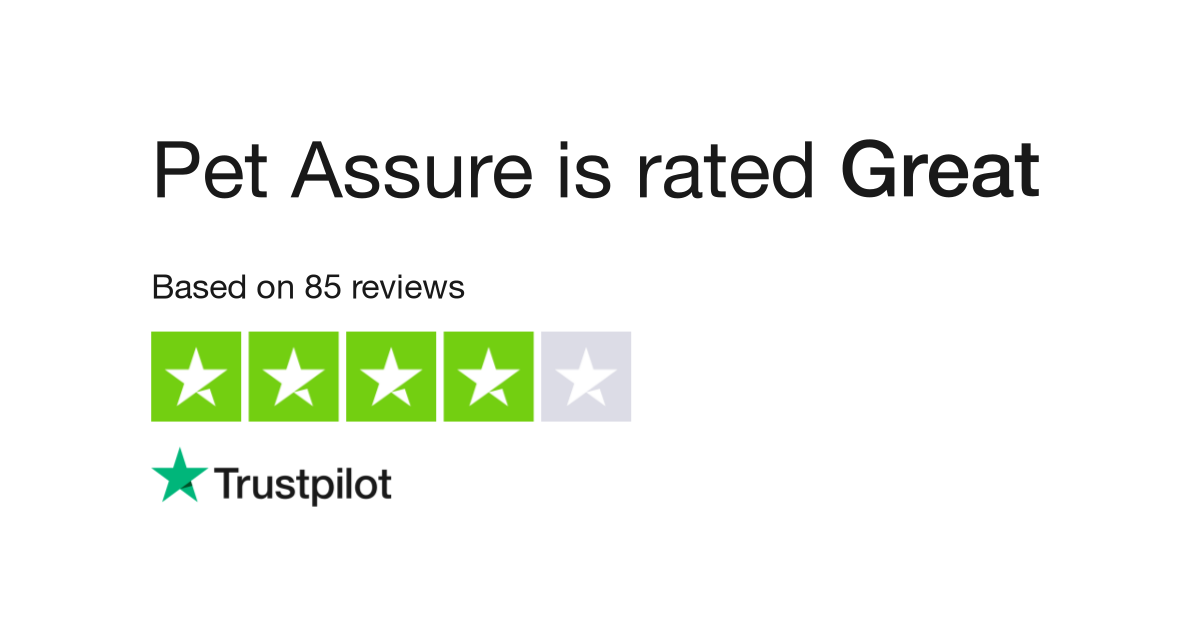
Coops insurance is an insurance policy that's tailored specifically for people who live in condo or co-op buildings. This coverage is different from standard homeowners policies because you do not own the building. Instead, it's owned by a company.
A typical cooperative is composed of individual shares and units. A corporation or building owner purchases the shares that comprise the property, and then leases those shares to individual owners of units who have built up equity.
The corporation will also purchase a master policy which covers the entire building, including its common spaces. These policies offer property and general liability coverage to protect corporations from financial losses.
There is also a separate insurance policy for each individual unit. This policy can be confusing. You should consult an insurance professional who is familiar with this system.

If your co-op or condominium is in a high-risk area, you'll want to find out if the property has flood insurance. New York City's buildings are not unusual to have flood insurance.
Ask for coverage against earthquakes and backup water. This can help to cover any losses caused by flooding or backed-up drains. These types of risks aren't covered by a typical homeowners policy, so they are worth the extra money you pay for them.
You should also consider a home-based business insurance plan that will cover your equipment and your workstations, if your hobby is a small business you operate from your condominium or coop or if your income comes from working from home.
The umbrella policy offers homeowners a large amount of protection against liability in a single policy. This is especially useful if you own expensive equipment and can't afford to be without it if it's damaged or stolen.
You can avoid a lot of hassle and stress if you need to file a co-op claim. This can cover the cost of replacing items such as kitchen appliances or furniture and your personal liability in case you hurt someone on the property.

USAA offers a quote on co-op insurance. USAA offers excellent customer service, and they can help you get a good deal on the best policy for your needs.
Comparing the prices and coverage of different companies is the best way to get the best deal when shopping for co-op insurance. Consider the Better Business Bureau rating of each company, and what previous customers had to say about their experience.
In general, a cooperative insurance policy's cost is affected by the location. For instance, a city co-op can be more pricey than a suburban co-op. Co-op policy costs are similar to standard homeowners policies.